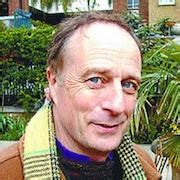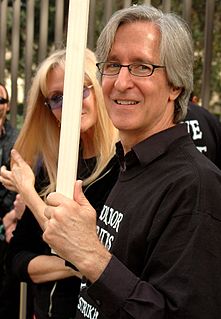A Quote by Tom Paulin
Is the biographer an artist who can and should exist on equal terms with the dramatist, fiction writer and poet? The short and robust answer is, 'Certainly not.'
Related Quotes
The manager-leader of the future should combine in one personality the robust, realistic quality of the man of action with the insight of the artist, the religious leader, the poet, who explains man to himself. The man of action alone or the man of contemplation alone will not be enough; these two qualities together are required.
I now believe that evolution, or deevolution, never ends short of death, that no society has ever achieved an absolute pinnacle, that all humans are not created equal. In fact, I believe attempts to create some abstract equalization create a morass of injustices that rebound on the equalizers. Equal justice and equal opportunity are ideals we should seek, but we should recognize that humans administer the ideals and that humans do not have equal ability.
Of course I'm a black writer... I'm not just a black writer, but categories like black writer, woman writer and Latin American writer aren't marginal anymore. We have to acknowledge that the thing we call "literature" is more pluralistic now, just as society ought to be. The melting pot never worked. We ought to be able to accept on equal terms everybody from the Hasidim to Walter Lippmann, from the Rastafarians to Ralph Bunche.







































